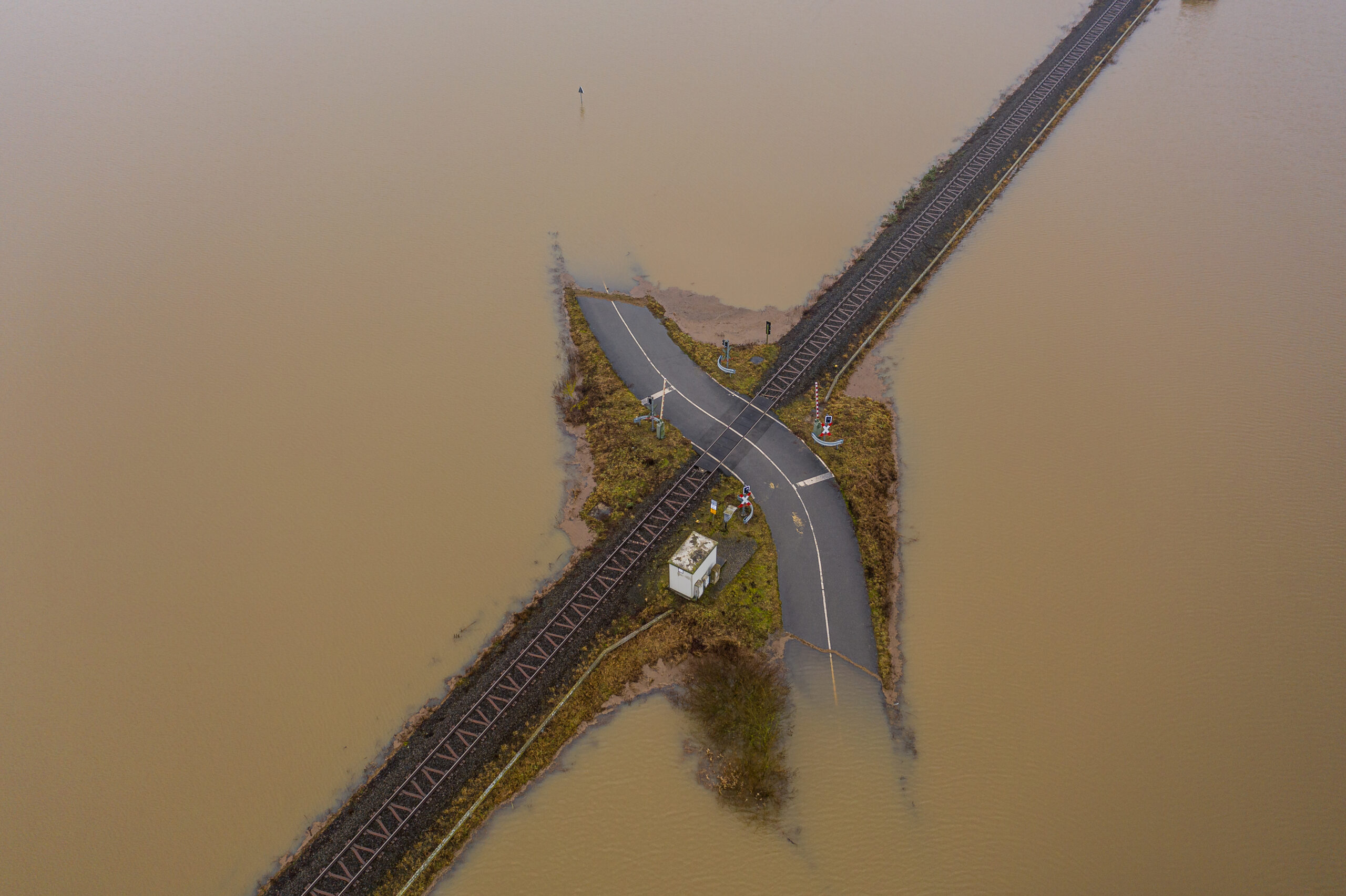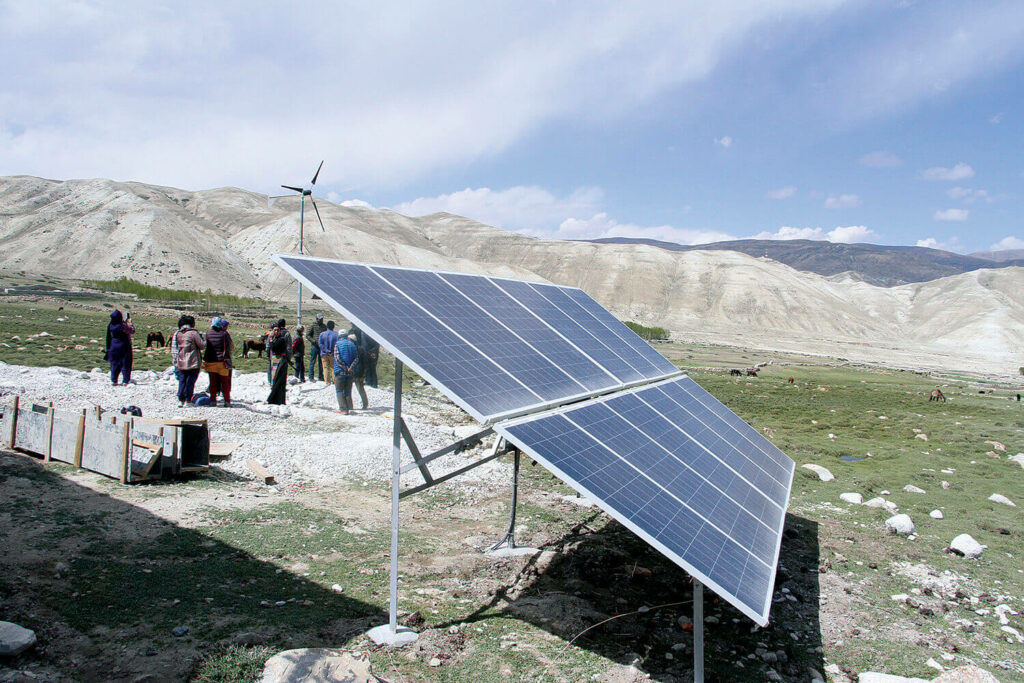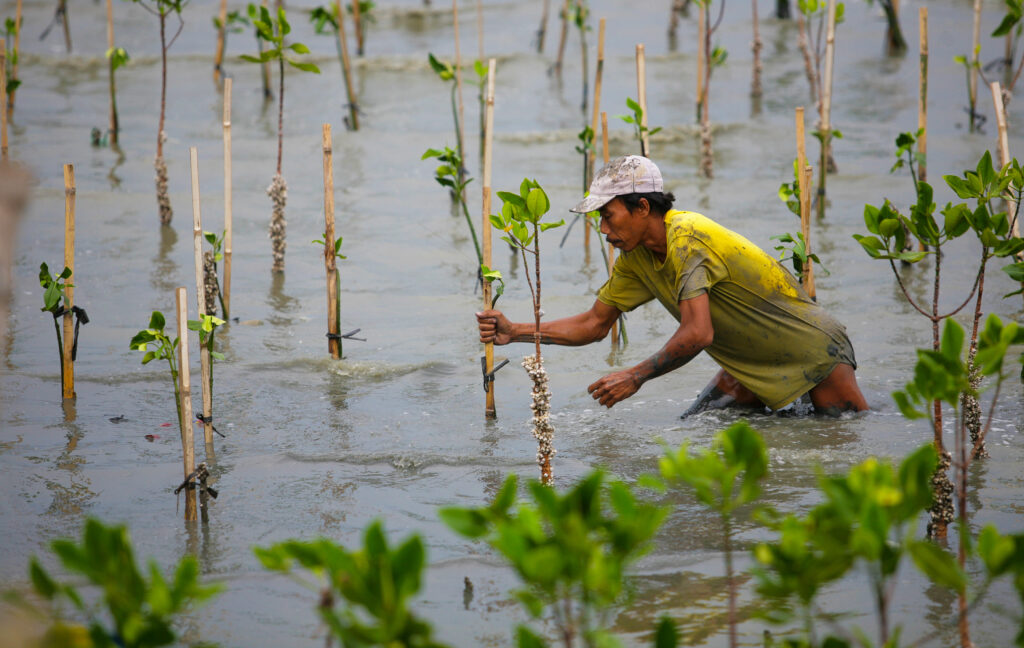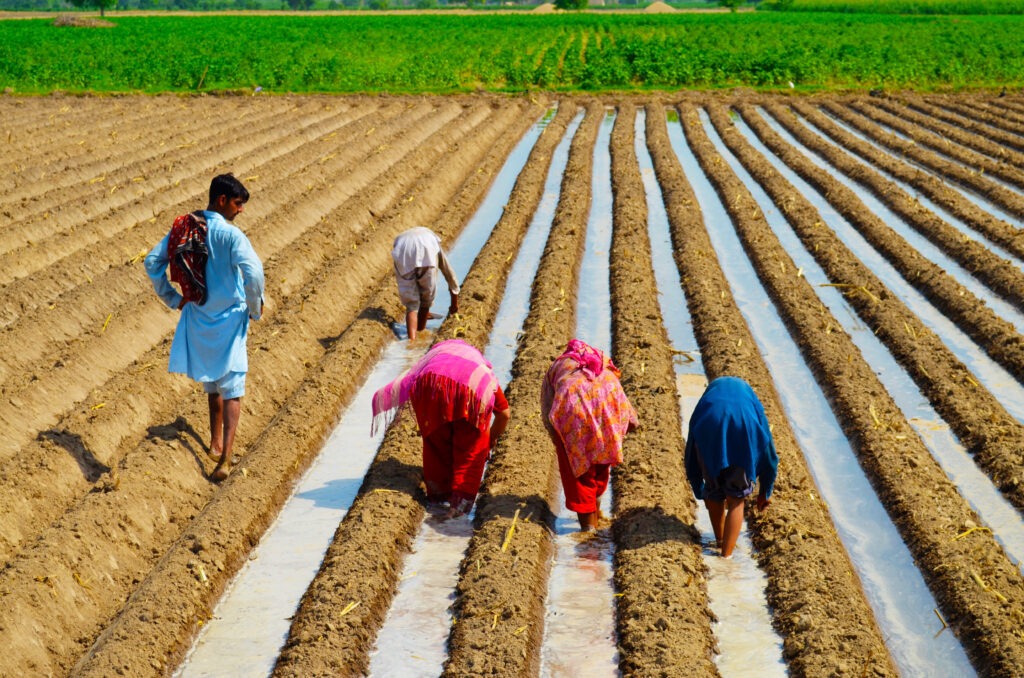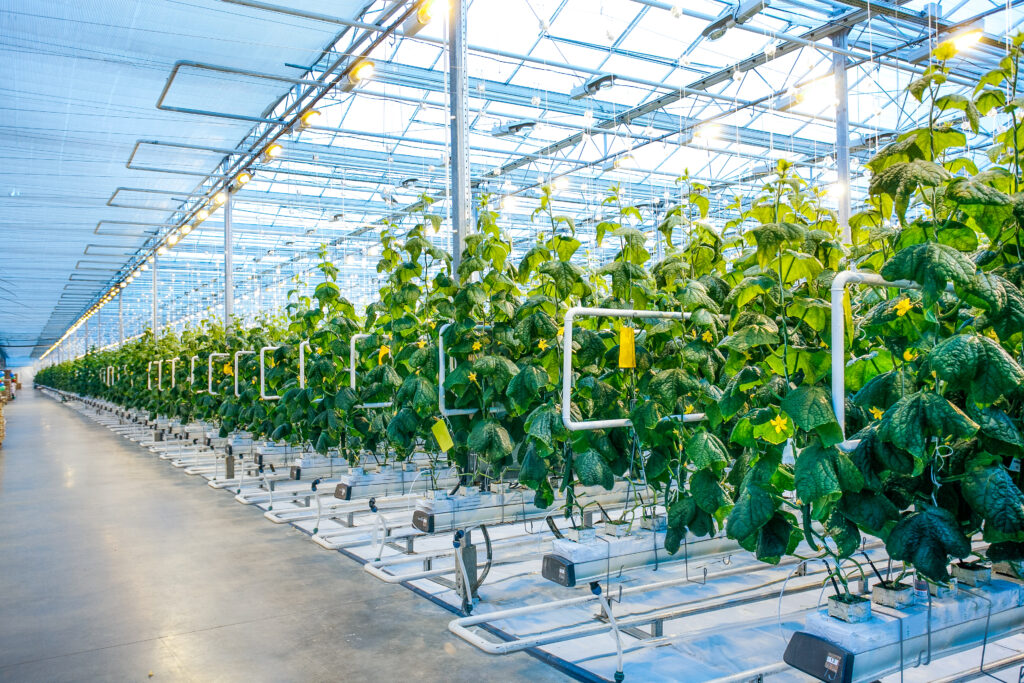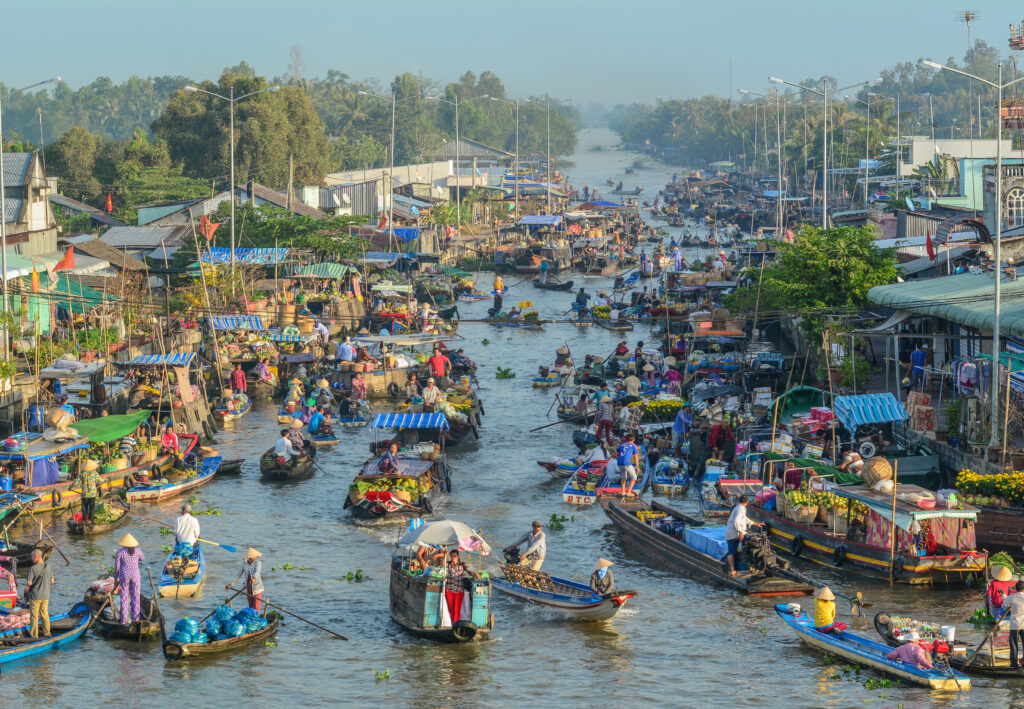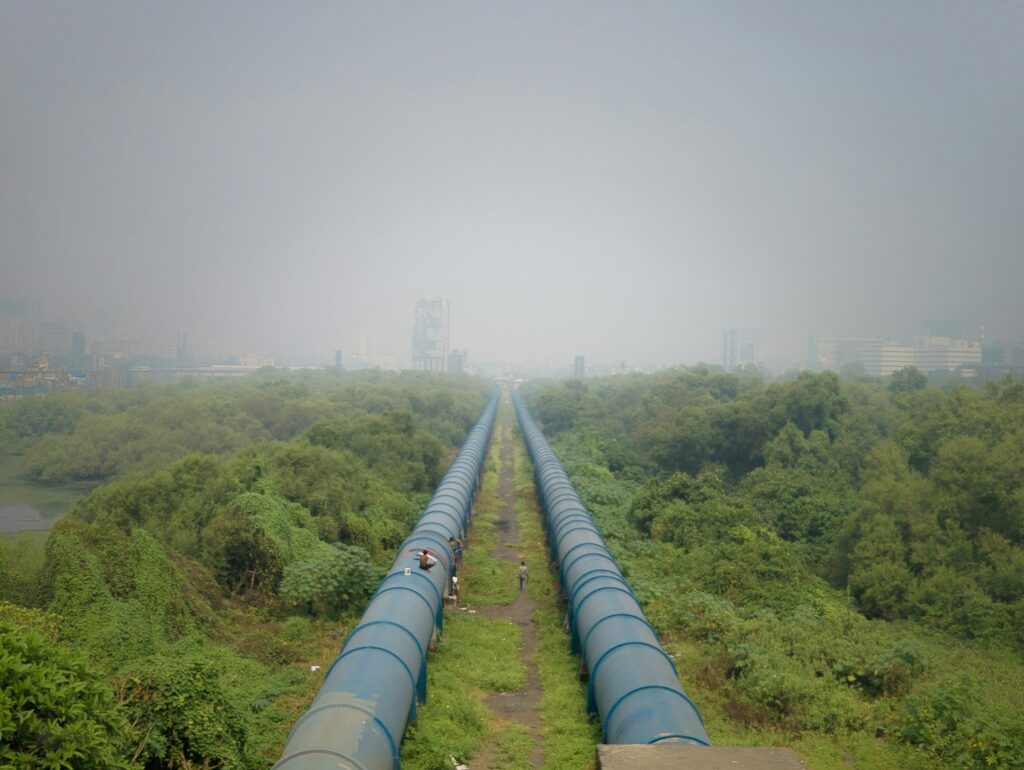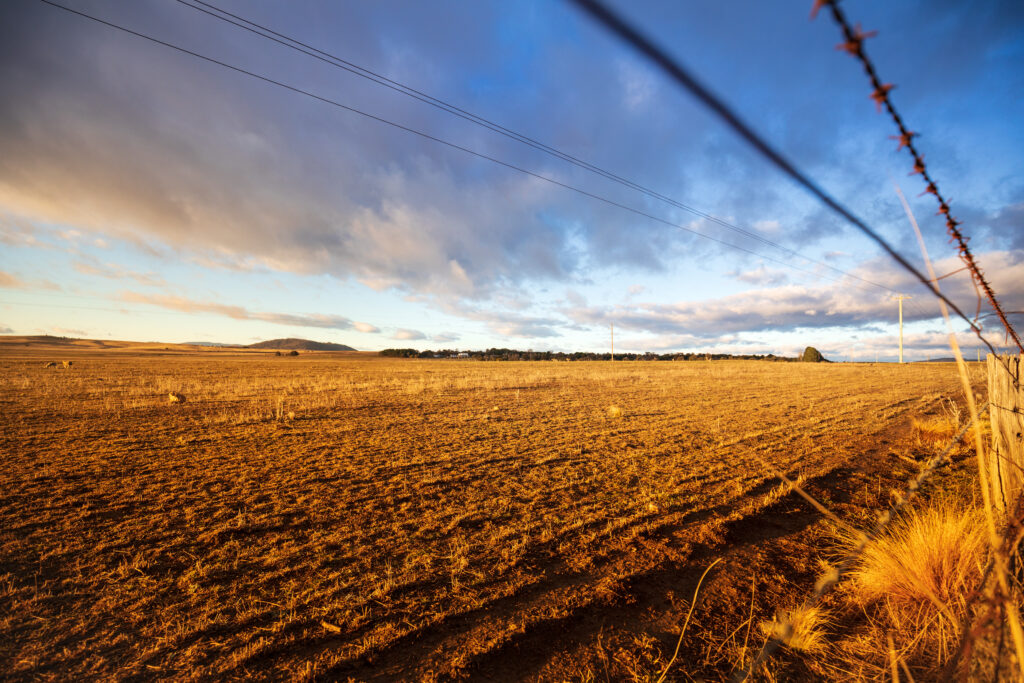Climate change adaptation for flooding must happen much faster than many realise. As the century progresses, record-breaking rain events will become more common.
The deadly 2022 floods in Pakistan highlight the need for improved resilience building and flooding-focused climate change adaptation. A combination of unusually heavy monsoon rains and inadequate urban planning led to the displacement of 8 million people in Pakistan.
Compounded by the deaths of over 1,700 people, damage and over USD 15 billion in economic losses, the floods reinvigorated debate around the financing of climate adaptation in developing nations.
“The scope of the response needed to recover from this disastrous event is apparently beyond the capacity of various agencies in Pakistan. There is a need to systematically build Pakistan’s capacity to cope with climate change-related flooding in the future,” explains Zafar Adeel, executive director of the Pacific Water Research Centre at Simon Fraser University.
However, this problem is not just happening in Pakistan. The World Bank estimates that over 1.8 billion people are at river flood risk exacerbated by climate change, as well as unplanned urbanisation and inadequate flood management infrastructure.
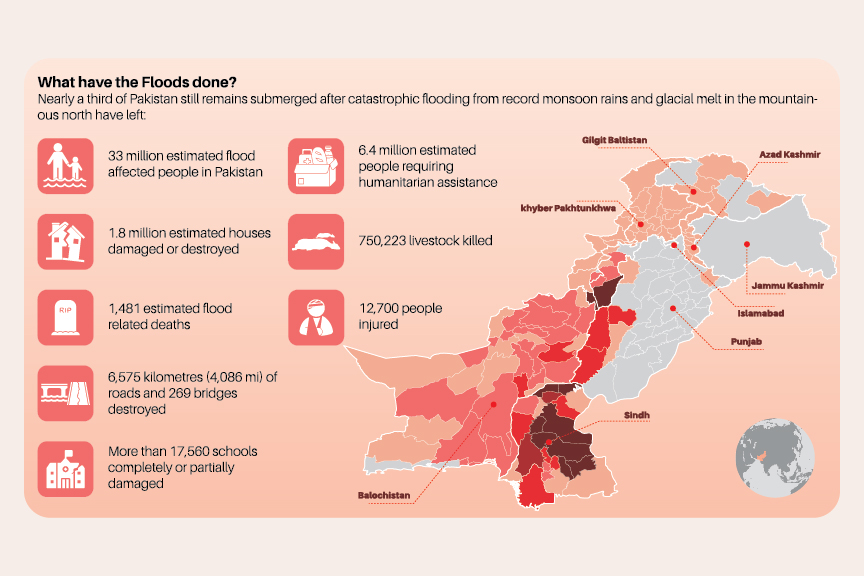
How is Climate Change Involved in Flooding?
The effects of climate change are wide-ranging and exacerbate extremes across the world’s biomes. This creates several situations that increase the risk of extreme flood events: islands facing stronger hurricanes and cyclones, global weather patterns shifting and sea level rise, for example.
While countries often manage extreme weather, the increasing frequency of extreme events stresses existing infrastructure. This is further exacerbated by the lack of preliminary flood risk assessment and flood risk management plans, the environmental impact of urbanisation and human development that does not consider these changing weather patterns. Low water permeability of cities, development encroaching on rivers and overburdened stormwater infrastructure are all common issues that need addressing.
While these are concerns for all countries, developing countries are at a critical point. These nations lack the financial and technological capacity to improve resiliency. This increases the risk of severe natural disasters having major implications for developing communities that cannot adapt. This fact increases the importance of climate change adaptation measures.
Flood Adaptation Examples and Strategies
There are several flood adaptation examples and strategies. These options generally fall into three approaches: nature-based, infrastructure and behavioural.
1. Nature-based Climate Adaptation for Flooding
Nature-based solutions harness the natural ability of ecosystems. One of the main strategies is to restore wetlands and floodplains. These areas act as sponges and help reduce the amount of water runoff as a result of high rainfall. Wetlands are naturally occurring yet often destroyed as a result of urbanisation. Rehabilitation of these areas in the United Kingdom has seen positive results.
2. Infrastructure-based Adaptation for Flood Prone Areas
Infrastructure options consist of human-built structures to control water. For example, Pakistan seeks to improve its dam and water reservoir infrastructure, which could help with water retention and would divert water away from vulnerable areas. To this end, a 2021 study published in Nature highlights the importance of improving dam infrastructure to protect areas from climate-induced floods in China, Europe and the United States.
3. Behavioural-based Adaptation for Flood Risk Management
Behavioural changes focus on changing human actions to reduce initial flood risks or limit the damage of floods. Examples include limiting development in flood-vulnerable areas, creating early warning systems and improving the education of local communities about the risks of flooding.
A Global Outlook on Climate Change Adaptation
When it comes to support, Adeel notes that it “needs to take the shape of financial resourcing, technical assistance and human capacity building.” He mentioned the USD 100 billion of promised funding from the 2015 Paris climate conference, adding that “a significant proportion should be directed to developing countries like Pakistan that are disproportionately impacted by climate change.”
With global finance commitments still short of the promised levels, the vulnerability gap continues to grow for developing nations.
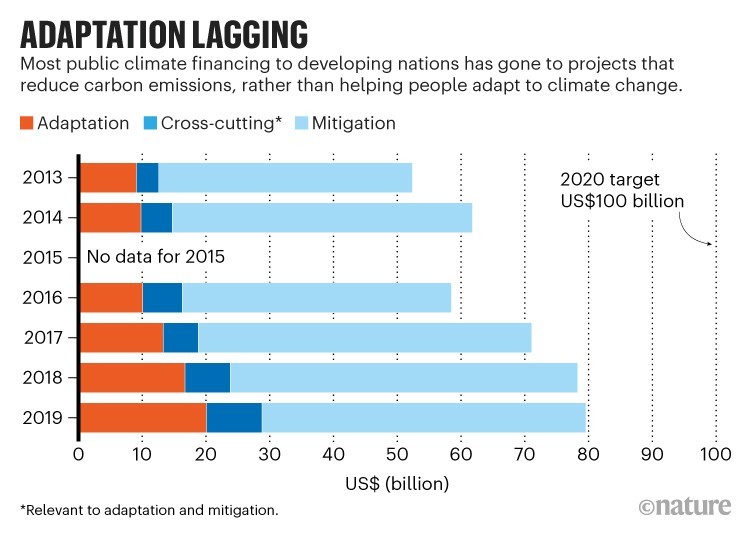
Pakistan’s flood helped the international community reach a consensus on Loss and Damage financing for countries affected by significant disasters, something that had been lobbied for by developing countries for several years.
This will help fund recovery efforts, but there needs to be more attention to financing the adaptation of communities before climate change-exacerbated natural disasters such as flooding, drought, fires, or hurricanes wreak havoc.
Taking action on the main drivers of climate change – namely fossil fuels – remains the best option for mitigation. However, climate change adaptation for flooding is a diverse process that requires local specificity.
Eric Koons
Writer, United States
Eric is a passionate environmental advocate that believes renewable energy is a key piece in meeting the world’s growing energy demands. He received an environmental science degree from the University of California and has worked to promote environmentally and socially sustainable practices since. Eric has worked with leading environmental organisations, such as World Resources Institute and Hitachi ABB Power Grids.
Eric is a passionate environmental advocate that believes renewable energy is a key piece in meeting the world’s growing energy demands. He received an environmental science degree from the University of California and has worked to promote environmentally and socially sustainable practices since. Eric has worked with leading environmental organisations, such as World Resources Institute and Hitachi ABB Power Grids.

